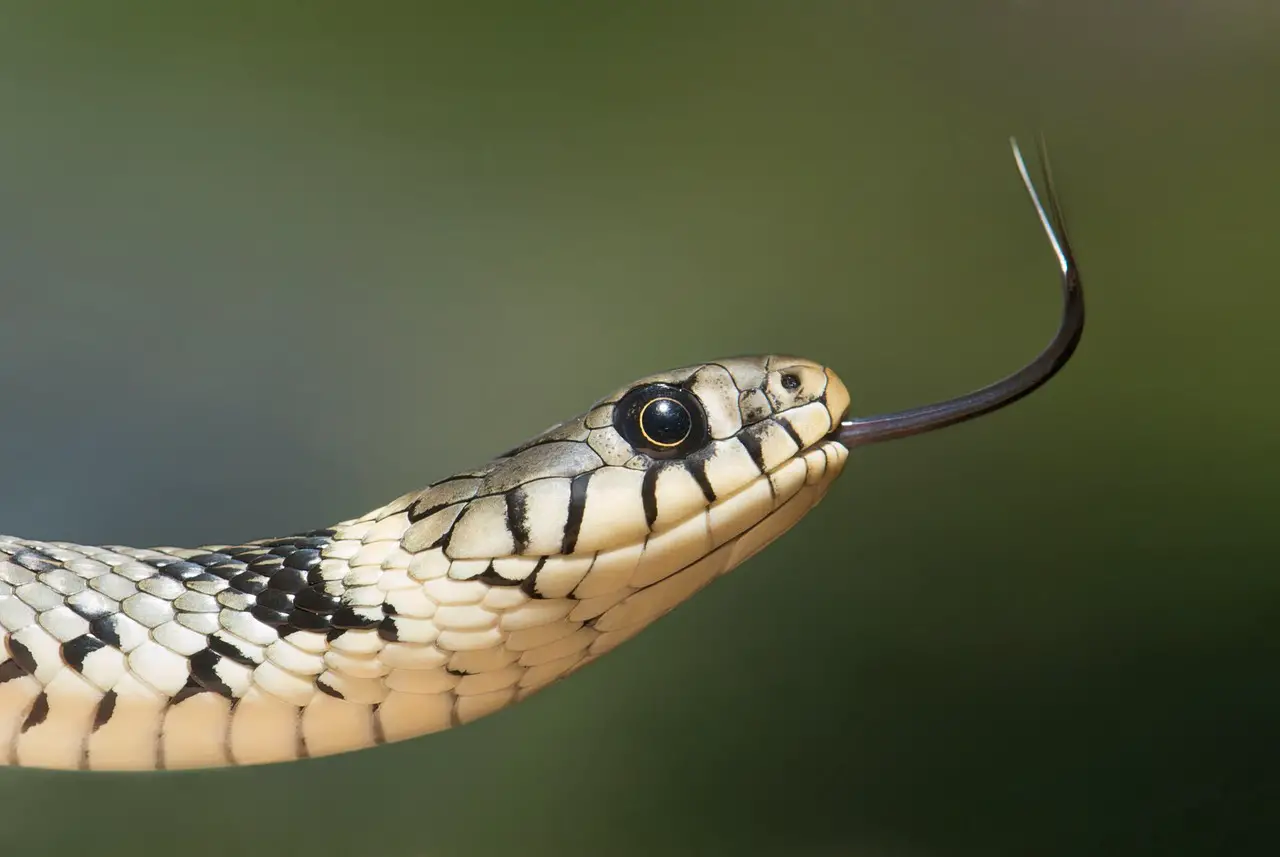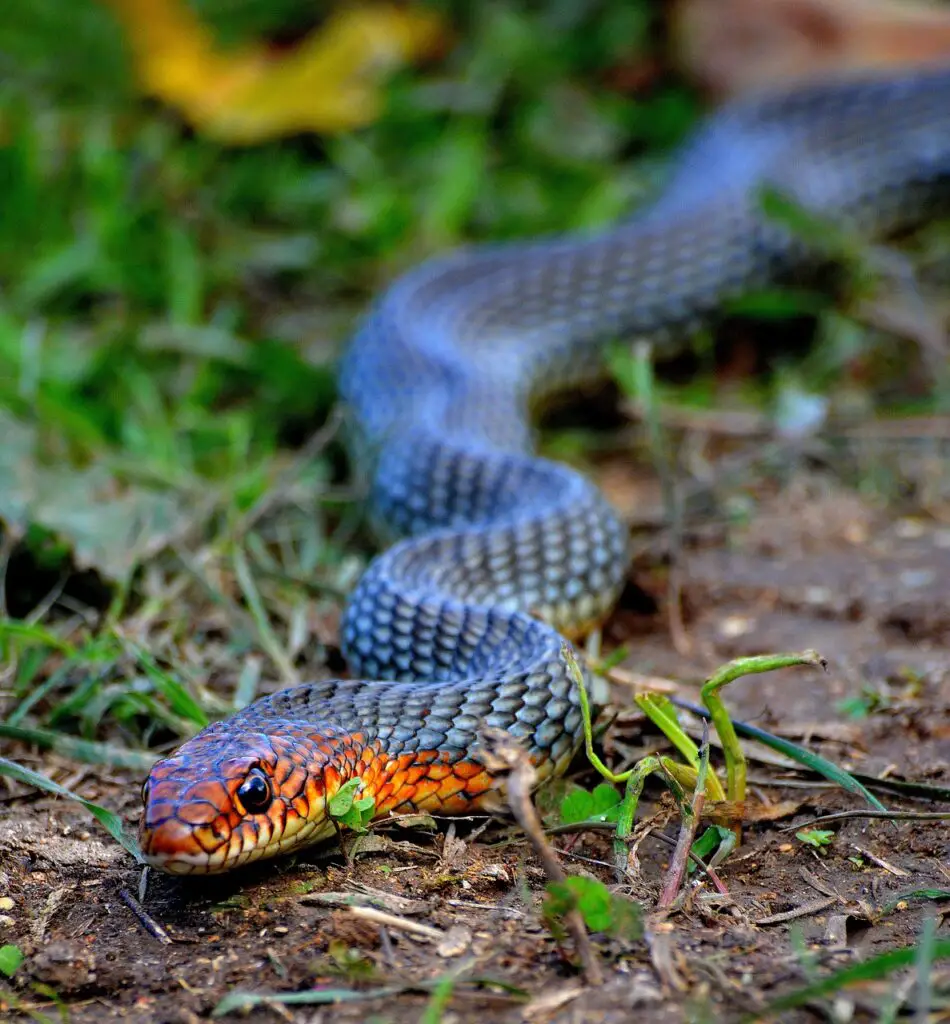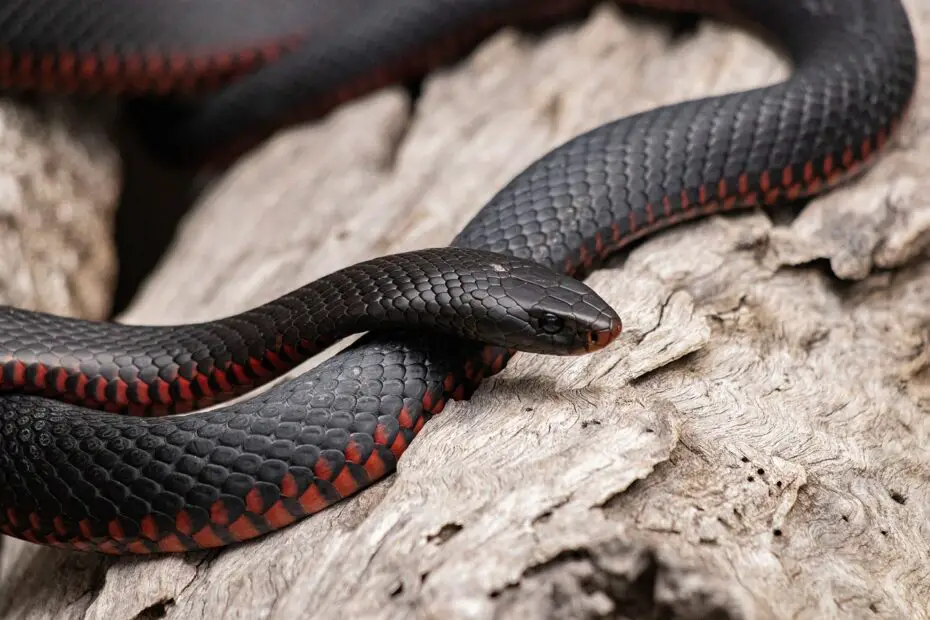Do snakes pee? Snakes are fascinating creatures with unique physiological systems. One question that often arises is whether snakes pee like other animals. In this article, we will explore the urinary system of snakes and how they eliminate waste. So, do snakes pee? Let’s find out.
You may also want to read about the top 10 deadliest snakes.
Introduction
When it comes to waste elimination, mammals have bladders and excrete urine. However, snakes have a different urinary system that functions in a distinct manner. Understanding the complexities of their urinary system provides insight into how they eliminate waste.

Snake Urinary System
Snakes possess kidneys, which play a crucial role in filtering waste from their blood. These specialized organs maintain the body’s fluid balance and remove metabolic byproducts. However, unlike mammals, snakes lack a bladder.
Elimination of Waste
Instead of separate urine and feces, snakes eliminate both solid and liquid waste simultaneously through a single opening called the cloaca. The cloaca serves as a multi-purpose opening for waste elimination, reproduction, and mating.
Renal Function in Snakes
The kidneys of snakes are responsible for filtering waste products from the bloodstream. They extract excess water, electrolytes, and metabolic waste, including urea and uric acid.
Uric Acid and Urate
One significant difference between snakes and mammals is the composition of their waste. Snakes excrete a substance called uric acid, which is solid and pasty, often referred to as urate. This urate serves as a mechanism for water conservation.
Adaptations for Water Conservation
Snakes have evolved remarkable adaptations to survive in various habitats, including arid environments. Their ability to conserve water is crucial for their survival. By excreting uric acid, they minimize water loss and retain essential hydration.
Cloacal Function
The cloaca is a multipurpose opening found in reptiles, including snakes. It serves as the exit point for both feces and urine. Snakes release waste through the cloaca, ensuring efficient elimination through a single opening.

Elimination of Solid and Liquid Waste
Unlike mammals, snakes do not have a separate urethra or urinary tract. The cloaca allows for the simultaneous elimination of solid and liquid waste. When snakes defecate, both urine and feces are expelled together.
Frequency of Waste Elimination
The frequency of waste elimination in snakes varies depending on factors such as species, size, and diet. Some snakes may eliminate waste more frequently, while others do so less often. It is influenced by individual metabolic rates and digestion.
Factors Affecting Urination
Several factors can influence the urination patterns of snakes. These include hydration levels, temperature, activity level, and the presence of food in their digestive system. Understanding these factors helps us better comprehend their waste elimination process.
Differences from Mammalian Urination
The absence of a bladder and the simultaneous elimination of solid and liquid waste differentiate snake urination from that of mammals. While snakes do not pee in the same way mammals do, they have their unique mechanisms for waste elimination.
Conclusion
Do snakes pee? In conclusion, snakes have a distinctive urinary system that allows them to eliminate waste efficiently. While they do not urinate in the traditional sense, they excrete solid and liquid waste simultaneously through their cloaca. The presence of uric acid and their adaptations for water conservation contribute to their remarkable ability to survive in various environments.
FAQs
1. Do snakes drink water?
Yes, snakes do drink water. While they have adaptations for water conservation, they still require hydration and obtain water by drinking or absorbing moisture from their prey.
2. Can snakes control when they eliminate waste?
Snakes have some control over waste elimination, but it is also influenced by various internal factors such as digestion, metabolism, and hydration levels.
3. Is snake waste harmful to humans?
While snake waste can carry bacteria and parasites, the risk of harm to humans is generally low if proper hygiene practices are followed. It is essential to wash hands thoroughly after handling snakes or cleaning their enclosures.
4. Can snakes hold their waste for long periods?
Snakes have a natural instinct to eliminate waste when necessary. While they may have some ability to hold waste, it is important to provide them with a clean and appropriately sized enclosure to ensure their well-being.
5. Do all snakes excrete uric acid?
Yes, all snakes excrete uric acid. The specific composition and consistency of the waste, known as urate, may vary between species, but uric acid is a common component in snake waste.
